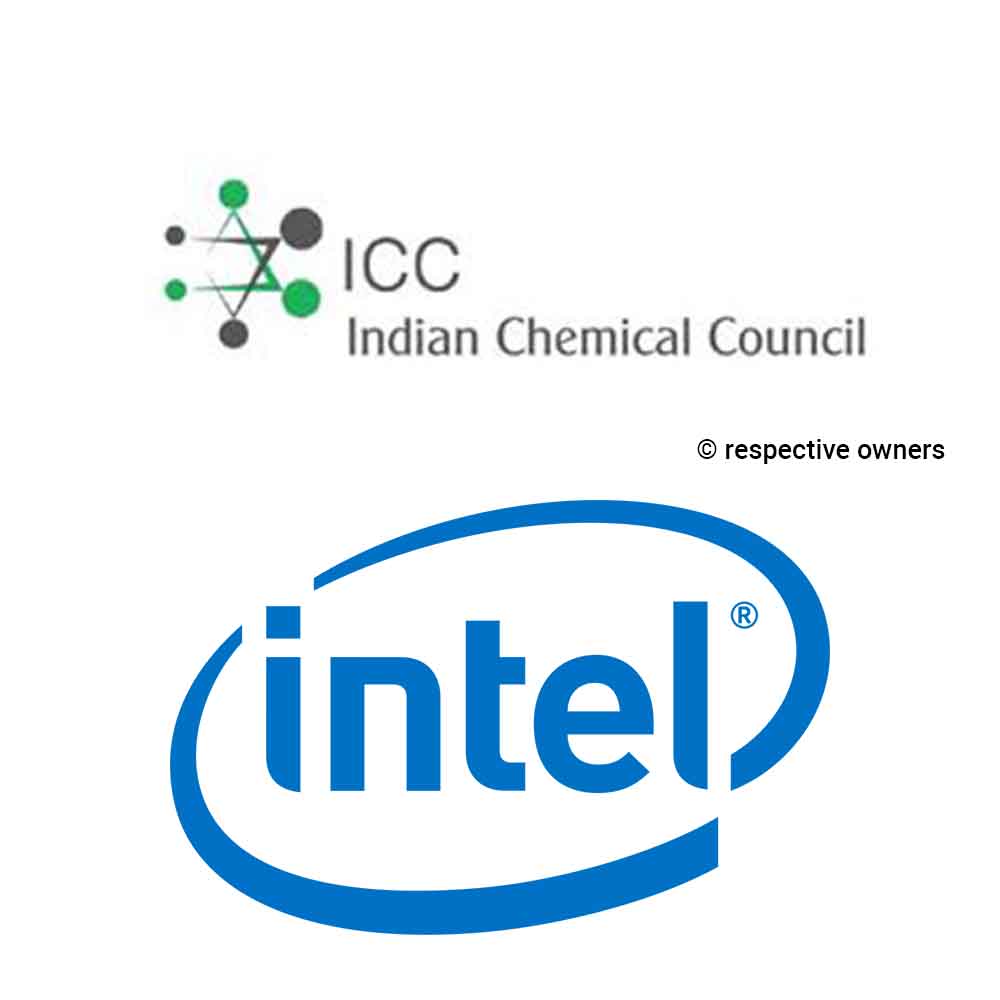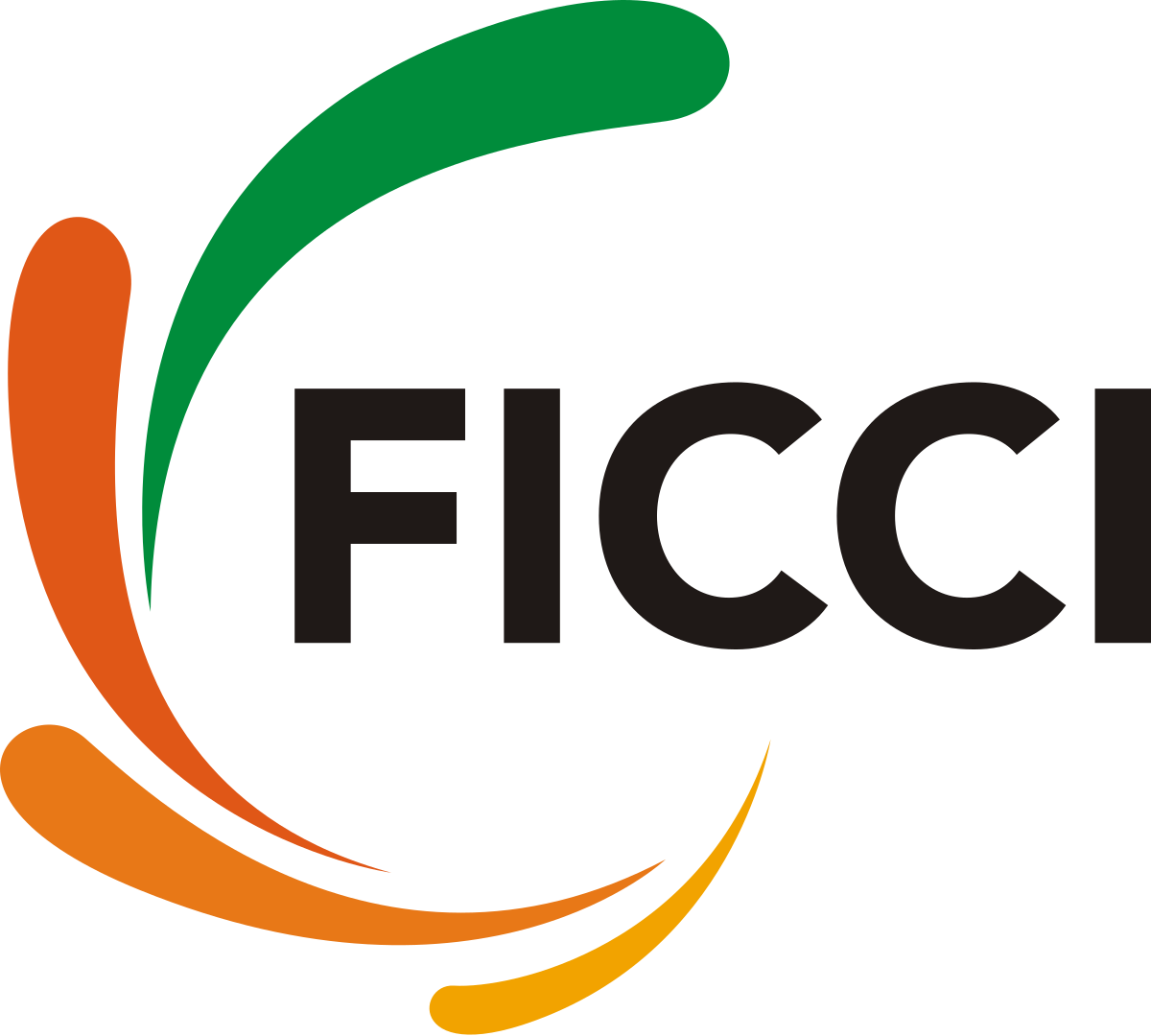Top 20 Best Industry Associations Companies In India 2023
Top 20 Best Industry Associations Companies In India 2023

Industry associations play a crucial role in promoting the growth and development of various sectors of the Indian economy. These associations represent the interests of their members and engage in policy advocacy, research and development, and capacity building to improve the competitiveness of the industry.
In this article, we will explore the top 20 best industry associations in India in 2023. These industry associations represent a wide range of sectors, including manufacturing, technology, healthcare, and finance. We will discuss their objectives, activities, and contributions to their respective industries.
1. Confederation of Indian Industry
(CII) is a non-governmental organization representing Indian businesses and industries. Founded in 1895, CII is one of India’s oldest and largest industry associations. CII has a membership base of over 9,000 companies, including small and medium-sized enterprises and multinational corporations.
CII’s primary focus is on promoting the competitiveness of the Indian industry and creating an enabling environment for business growth. The organization works closely with the government and other stakeholders to develop policy recommendations and advocate for reforms that benefit the Indian industry. CII also organizes events and conferences that provide a platform for businesses to network and exchange ideas.
2. Federation of Indian Chambers of Commerce and Industry
(FICCI) is a non-governmental organization that represents Indian businesses and industries. Founded in 1927, FICCI is one of India’s oldest and largest industry associations. FICCI has a membership base of over 250,000 companies, including small and medium-sized enterprises and multinational corporations.
FICCI’s primary focus is on promoting the interests of the Indian industry and creating an enabling environment for business growth. The organization works closely with the government and other stakeholders to develop policy recommendations and advocate for reforms that benefit the Indian industry. FICCI also organizes events and conferences that provide a platform for businesses to network and exchange ideas.
3. Associated Chambers of Commerce and Industry of India
(ASSOCHAM) is a non-governmental organization that represents Indian businesses and industries. Founded in 1920, ASSOCHAM is one of India’s oldest and largest industry associations. ASSOCHAM has a membership base of over 400,000 companies, including small and medium-sized enterprises and multinational corporations.
ASSOCHAM’s primary focus is on promoting the interests of the Indian industry and creating an enabling environment for business growth. The organization works closely with the government and other stakeholders to develop policy recommendations and advocate for reforms that benefit the Indian industry. ASSOCHAM also organizes events and conferences that provide a platform for businesses to network and exchange ideas.
4. National Association of Software and Service Companies
(NASSCOM) is a non-governmental organization that represents the Indian IT and business process outsourcing (BPO) industries. Founded in 1988, NASSCOM has a membership base of over 2,700 companies, including both Indian and multinational corporations.
NASSCOM’s primary focus is on promoting the growth and development of the Indian IT and BPO industries. The organization works closely with the government and other stakeholders to develop policy recommendations and advocate for reforms that benefit the industry. NASSCOM also provides a platform for networking, knowledge-sharing, and collaboration among its members through events, conferences, and other initiatives.
5. All India Manufacturers’ Organization (AIMO)
The All India Manufacturers’ Organization (AIMO) is a non-governmental organization that represents the interests of small and medium-sized manufacturing enterprises in India. Founded in 1932, AIMO has a membership base of over 50,000 companies across various sectors, including engineering, textiles, chemicals, and food processing.
AIMO’s primary focus is on promoting the growth and competitiveness of small and medium-sized manufacturers in India. The organization works closely with the government and other stakeholders to develop policy recommendations and advocate for reforms that benefit the sector. AIMO also provides a platform for networking, knowledge-sharing, and collaboration among its members through events, conferences, and other initiatives.
6. The Automotive Component Manufacturers Association of India (ACMA)

(ACMA) is a non-governmental organization that represents the interests of Indian manufacturers of automotive components. Founded in 1959, ACMA has a membership base of over 800 companies, including small and medium-sized enterprises and multinational corporations.
ACMA’s primary focus is on promoting the growth and development of the Indian automotive component industry. The organization works closely with the government and other stakeholders to develop policy recommendations and advocate for reforms that benefit the industry. ACMA also provides a platform for networking, knowledge-sharing, and collaboration among its members through events, conferences, and other initiatives.
7. The Indian Electrical and Electronics Manufacturers’ Association (IEEMA)
(IEEMA) is a non-governmental organization that represents the interests of Indian manufacturers of electrical and electronics equipment. Founded in 1948, IEEMA has a membership base of over 800 companies, including small and medium-sized enterprises and multinational corporations.
IEEMA’s primary focus is on promoting the growth and development of the Indian electrical and electronics industry. The organization works closely with the government and other stakeholders to develop policy recommendations and advocate for reforms that benefit the industry. IEEMA also provides a platform for networking, knowledge-sharing, and collaboration among its members through events, conferences, and other initiatives.
8. Indian Machine Tool Manufacturers’ Association (IMTMA)
(IMTMA) is a non-governmental organization that represents the interests of Indian manufacturers of machine tools, metalworking, and allied industries. Founded in 1946, IMTMA has a membership base of over 500 companies, including small and medium-sized enterprises and multinational corporations.
IMTMA’s primary focus is on promoting the growth and development of the Indian machine tool industry. The organization works closely with the government and other stakeholders to develop policy recommendations and advocate for reforms that benefit the industry. IMTMA also provides a platform for networking, knowledge-sharing, and collaboration among its members through events, conferences, and other initiatives.
9. The Federation of Indian Export Organisations (FIEO)
(FIEO) is a non-governmental organization that represents the interests of Indian exporters. Founded in 1965, FIEO has a membership base of over 25,000 companies across various sectors, including engineering, textiles, chemicals, and food processing.
FIEO’s primary focus is on promoting the growth and competitiveness of Indian exporters in the global market. The organization works closely with the government and other stakeholders to develop policy recommendations and advocate for reforms that benefit the sector. FIEO also provides a platform for networking, knowledge-sharing, and collaboration among its members through events, conferences, and other initiatives.
10. Indian Chemical Council (ICC)

The Indian Chemical Council (ICC) is a non-governmental organization that represents the interests of Indian manufacturers of chemicals and petrochemicals. Founded in 1938, ICC has a membership base of over 1,000 companies, including small and medium-sized enterprises and multinational corporations.
ICC’s primary focus is on promoting the growth and development of the Indian chemical industry. The organization works closely with the government and other stakeholders to develop policy recommendations and advocate for reforms that benefit the industry. ICC also provides a platform for networking, knowledge-sharing, and collaboration among its members through events, conferences, and other initiatives.
11. The Confederation of Indian Textile Industry (CITI)
(CITI) is a non-governmental organization that represents the interests of Indian manufacturers of textiles and clothing. Founded in 1958, CITI has a membership base of over 2,500 companies across various segments of the textile value chain.
CITI’s primary focus is on promoting the growth and competitiveness of the Indian textile industry. The organization works closely with the government and other stakeholders to develop policy recommendations and advocate for reforms that benefit the sector. CITI also provides a platform for networking, knowledge-sharing, and collaboration among its members through events, conferences, and other initiatives.
12. The Gem and Jewellery Export Promotion Council (GJEPC)
(GJEPC) is a non-governmental organization that represents the interests of Indian manufacturers and exporters of gems and jewelry. Founded in 1966, GJEPC has a membership base of over 6,000 companies, including small and medium-sized enterprises and multinational corporations.
GJEPC’s primary focus is on promoting the growth and competitiveness of the Indian gem and jewelry industry in the global market. The organization works closely with the government and other stakeholders to develop policy recommendations and advocate for reforms that benefit the sector. GJEPC also provides a platform for networking, knowledge-sharing, and collaboration among its members through events, conferences, and other initiatives.
13. Indian Tea Association (ITA)
The Indian Tea Association (ITA) is a non-governmental organization that represents the interests of Indian tea producers and exporters. Founded in 1881, ITA has a membership base of over 1,000 companies, including small and medium-sized enterprises and multinational corporations.
ITA’s primary focus is on promoting the growth and development of the Indian tea industry. The organization works closely with the government and other stakeholders to develop policy recommendations and advocate for reforms that benefit the sector. ITA also provides a platform for networking, knowledge-sharing, and collaboration among its members through events, conferences, and other initiatives.
14. The Federation of Indian Chambers of Commerce and Industry (FICCI)

The Federation of Indian Chambers of Commerce and Industry (FICCI) is a non-governmental organization that represents the interests of Indian businesses across various sectors. Founded in 1927, FICCI has a membership base of over 250,000 companies, including small and medium-sized enterprises and multinational corporations.
FICCI’s primary focus is on promoting the growth and competitiveness of the Indian economy. The organization works closely with the government and other stakeholders to develop policy recommendations and advocate for reforms that benefit businesses. FICCI also provides a platform for networking, knowledge-sharing, and collaboration among its members through events, conferences, and other initiatives.
15. The Confederation of All India Traders (CAIT)
(CAIT) is a non-governmental organization that represents the interests of small and medium-sized traders across India. Founded in 1990, CAIT has a membership base of over 70 million traders and small businesses.
CAIT’s primary focus is on promoting the interests of small and medium-sized traders and businesses in India. The organization works closely with the government and other stakeholders to develop policy recommendations and advocate for reforms that benefit small traders. CAIT also provides a platform for networking, knowledge-sharing, and collaboration among its members through events, conferences, and other initiatives.
16. The Indian Private Equity and Venture Capital Association (IVCA)
(IVCA) is a non-governmental organization that represents the interests of Indian private equity and venture capital investors. Founded in 1993, IVCA has a membership base of over 300 firms, including private equity and venture capital firms, institutional investors, and corporate advisors.
IVCA’s primary focus is on promoting the growth and development of the private equity and venture capital industry in India. The organization works closely with the government and other stakeholders to develop policy recommendations and advocate for reforms that benefit the industry. IVCA also provides a platform for networking, knowledge-sharing, and collaboration among its members through events, conferences, and other initiatives.
17. The Indian Banks’ Association (IBA)
The Indian Banks’ Association (IBA) is a non-governmental organization that represents the interests of Indian banks. Founded in 1946, IBA has a membership base of over 250 banks, including the public sector, private sector, and foreign banks operating in India.
IBA’s primary focus is on promoting the growth and development of the Indian banking industry. The organization works closely with the government and other stakeholders to develop policy recommendations and advocate for reforms that benefit the sector. IBA also provides a platform for networking, knowledge-sharing, and collaboration among its members through events, conferences, and other initiatives.
18. The National Association of Software and Services Companies (NASSCOM)

(NASSCOM) is a non-governmental organization that represents the interests of Indian companies in the IT and IT-enabled services industry. Founded in 1988, NASSCOM has a membership base of over 2,000 companies, including both Indian and multinational corporations.
NASSCOM’s primary focus is on promoting the growth and development of the Indian IT and IT-enabled services industry. The organization works closely with the government and other stakeholders to develop policy recommendations and advocate for reforms that benefit the sector. NASSCOM also provides a platform for networking, knowledge-sharing, and collaboration among its members through events, conferences, and other initiatives.
19. Indian Sugar Mills Association (ISMA)
The Indian Sugar Mills Association (ISMA) is a leading industry association representing the interests of sugar mills in India. Founded in 1932, ISMA is a non-profit organization that promotes the growth and development of the sugar industry in India.
The sugar industry is one of the largest agro-based industries in India and plays a significant role in the country’s economy. India is the second-largest producer of sugar in the world after Brazil, and the industry provides employment to millions of people in rural areas.
ISMA represents more than 50% of the total installed sugar milling capacity in India and has a membership base of over 200 sugar mills. The organization works closely with the government and other stakeholders to develop policy recommendations and advocate for reforms that benefit the industry.
ISMA’s primary objective is to promote the growth and development of the sugar industry in India. To achieve this objective, the organization engages in a wide range of activities, including policy advocacy, research and development, and capacity building.
20. Indian Pharmaceutical Alliance (IPA)
The Indian Pharmaceutical Alliance (IPA) is a leading industry association representing the interests of large pharmaceutical companies in India. Founded in 2012, IPA is a non-profit organization that promotes the growth and development of the Indian pharmaceutical industry.
The pharmaceutical industry is one of the most critical sectors of the Indian economy and is a significant contributor to the country’s GDP. India is the world’s largest provider of generic drugs and accounts for 20% of the global supply of generic medicines.
IPA represents some of the largest pharmaceutical companies in India and has a membership base of over 20 companies. The organization works closely with the government and other stakeholders to develop policy recommendations and advocate for reforms that benefit the industry.
In conclusion, these industry associations play a vital role in representing the interests of their members and promoting the growth and development of their respective industries. They work closely with the government and other stakeholders to develop policy recommendations and advocate for reforms that benefit their sectors. Additionally, they provide a platform for networking, knowledge-sharing, and collaboration among their members through events, conferences, and other initiatives. Overall, these industry associations contribute significantly to the growth and development of the Indian economy.




